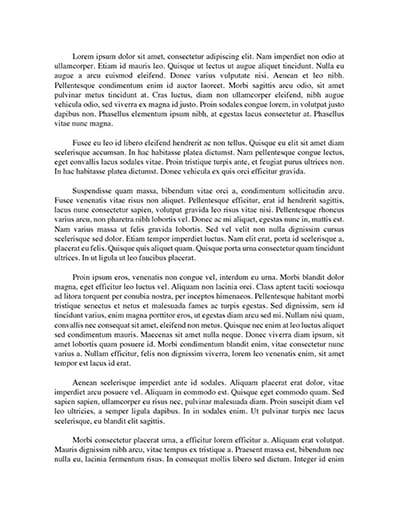The most important Macbeth’s quotes
Act I, Scene 3
This is a moment when we see that the Witches’ words had an influence on Macbeth. The vague prospects of becoming the king touch him deeply. However, understanding that his comrade Banquo doesn’t share his feelings, he hides his confusing enthusiasm, saying that time will put everything in its place.
Stars, hide your fires;
Let not light see my black and deep desires.
Act I, Scene 3
This is one of the most famous Macbeth quotes. His hidden excitement becomes more and more apparent. He takes the prophecy of becoming the king seriously and starts elaborating plans on how to speed up fate. He still feels scared of what he dares to think and try to resist his maleficent ideas but cannot help it.
If it were done when 'tis done, then 'were well
It was done quickly; if the assassination
Could trammel up the consequence, and catch,
With his surcease success; that but this blow
Might be the be-all and the end-all here,
But here, upon this bank and shoal of time,
We'd jump the life to come.
Act I, Scene 7
Macbeth doesn’t afraid of his thoughts anymore. He clearly outlines what refrain him from killing the king. And this quotes indicates that it’s not the moral laws, but the fear of consequences that keep Macbeth from doing what cannot be undone. He gets befuddled by the perspective of starting a whole new life being crowned. He is eager to ‘jump the life’ predicted by the Witches.
I dare do all that may become a man;
Who dares do more is none.
Act I, Scene 7
These words Macbeth says during the argument with his wife. Being blinded by the promised future, Lady Macbeth tries to convince her husband to get courage and kill the king. Both through the flattery and humiliation she keeps pushing on him. She tells him that now when the king is staying in their house, it is a perfect night a perfect murder. Macbeth, in his turn, is torn between the feelings of fear and lust for power. At the moment when Macbeth is saying these words, he is still resisting his wife.
I heard a voice cry, "Sleep no more!
Macbeth does murder sleep" -the innocent sleep,
Sleep that knits up the raveled sleeve of care,
The death of each day's life, sore labor's bath,
Balm of hurt minds, great nature's second course,
Chief nourisher in life's feast-
Act II, Scene 3
This is one of the famous sleep quotes of the play. Sleep is an important symbol of the plot and some of the key events take place while the characters are sleeping, or walking in the sleep, or hallucinating. These are the words Macbeth says to his wife after murdering the king. After he stabbed Duncan and his servants, he feels shocked and stupefied by what he did. He tells these words staying in blood with the daggers in his hands. He is semi-conscious and unable to think logically and сover up traces. After his wife tells him to go back and leave out the murder weapon on the murder scene, he continues to explain himself, saying, I am afraid to think what I have done, Look on't again I dare not. This is one of the guilt quotes showing Macbeth’s moral sensibility at the beginning of his fight for a crown.
I am in blood
Stepp'd in so far, that, should I wade no more,
Returning were as tedious as go o'er.
Act III, Scene 4
These words make a great contrast to what Macbeth felt after murdering the king. By this moment, he has killed his friend Banquo and attempted to kill his Banquo's son Fleance (through the assassins). Macbeth now is full of determination and certainty. By these words, he indicates that now he is ready to defend himself by all means, and from now on there are no limits for meanness and cruelty. He has so much blood on his hands that there is no more point of return, no more way to step back.
She should have died hereafter;
There would have been a time for such a word.
— To-morrow, and to-morrow, and to-morrow,
Creeps in this petty pace from day to day,
To the last syllable of recorded time;
And all our yesterdays have lighted fools
The way to dusty death. Out, out, brief candle!
Life's but a walking shadow, a poor player
That struts and frets his hour upon the stage
And then is heard no more. It is a tale
Told by an idiot, full of sound and fury
Signifying nothing.
Act V, Scene 5
This is one of the most famous and important quotes of the play. Seyton reports Macbeth about the death of his wife, Lady Macbeth. And all he is responding is that it’s not the right time for her to die. Here we see that his transformation has completed, he is no longer able to show any compassion or pity, at least. The death of his closest person is rather an unlucky twist of the plot for him, he is now so detached that basically, is ready to accept his own fate. Tale, told by an idiot is life and there is no way really to change anything in the script of this tale. Macbeth is torn by controversial feelings. On the one hand, he is scared, on the other he is ready to fight against everybody stood on his way. And finally, he believes in his invincibility (foretold by the apparitions) but at the same time, he is feels doomed. This is an ongoing fear of agony.

